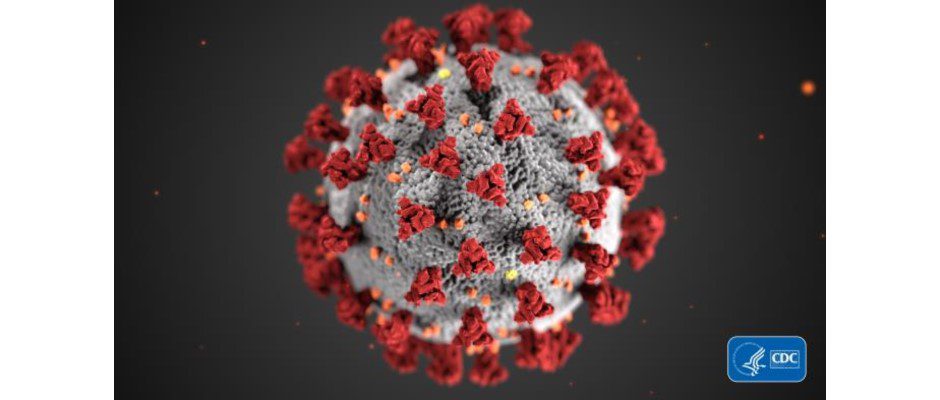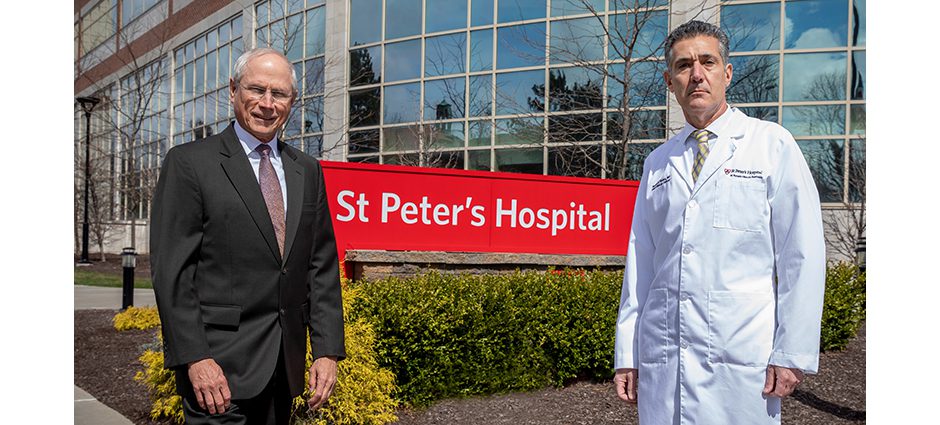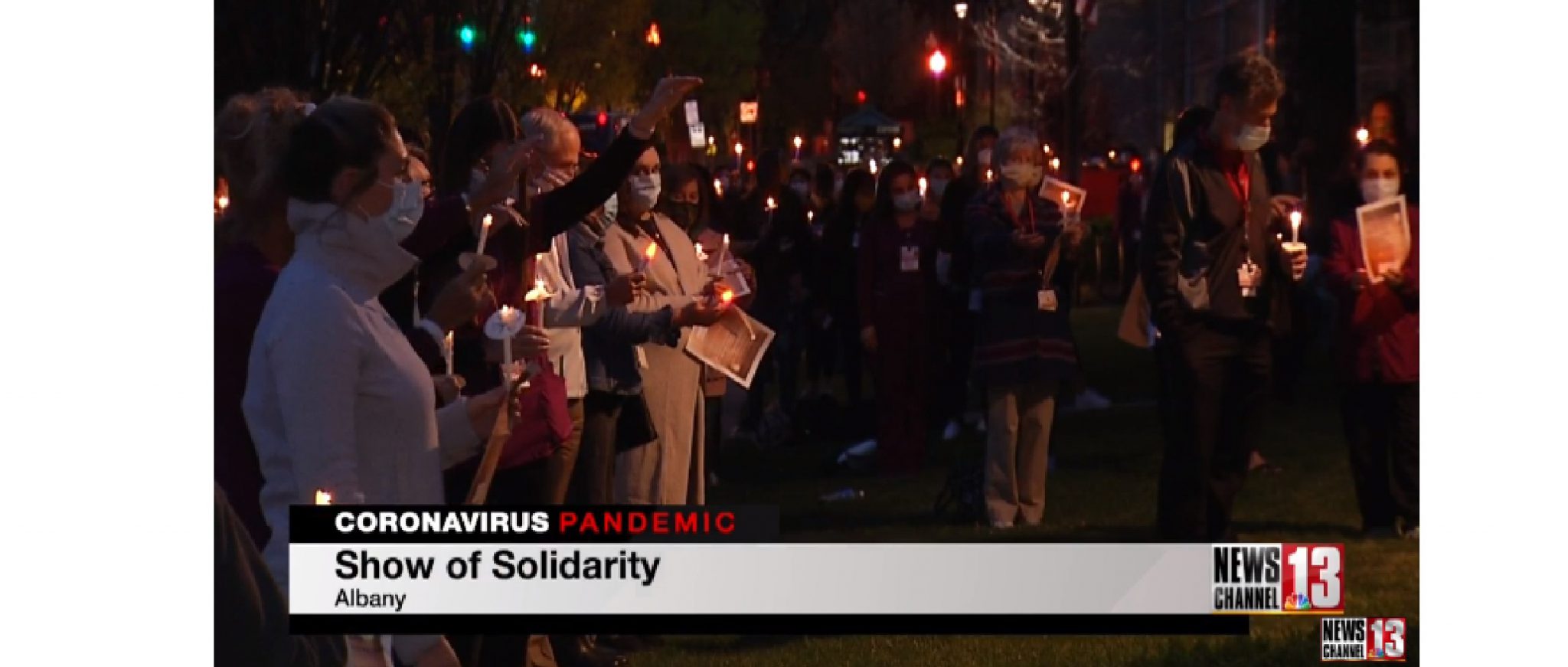
Jorge Cerda, M.D., chief of medicine at St. Peter’s Hospital, was interviewed by WHYY radio about kidney problems associated with COVID-19, including excessive blood-clotting. WHYY is a PBS and NPR member station, serving Philadelphia, Pennsylvania, and is home to the program, Fresh Air.
From the report:
Cerda, who is also chief of medicine for St. Peter’s Hospital in Albany, said that nephrologists are “very used to using blood thinners,” but “none of them work well” in this case.
“So we had to invent other ways … perhaps use two different kinds of anticoagulants, so this is a key, evolving problem.”
Cerda, Connor and a group of specialists at the American Society of Nephrology have drafted recommendations for how to manage COVID-19 related kidney injuries, to be published in the society’s main journal.
The coronavirus also affects the kidneys. Early research from China shows that about 5% of COVID-19 patients needed kidney support, and kidney disease is associated with COVID-19 deaths, said Cerda.
The possible explanation is that the virus binds to a specific kind of receptor in cells, and the kidney has those receptors.
The inflammation, excessive blood-clotting and shock from COVID-19 can affect the kidneys to the point of requiring dialysis for patients. Cerda added that, fortunately, patients can recover.
Click here to read WHYY’s full report.





